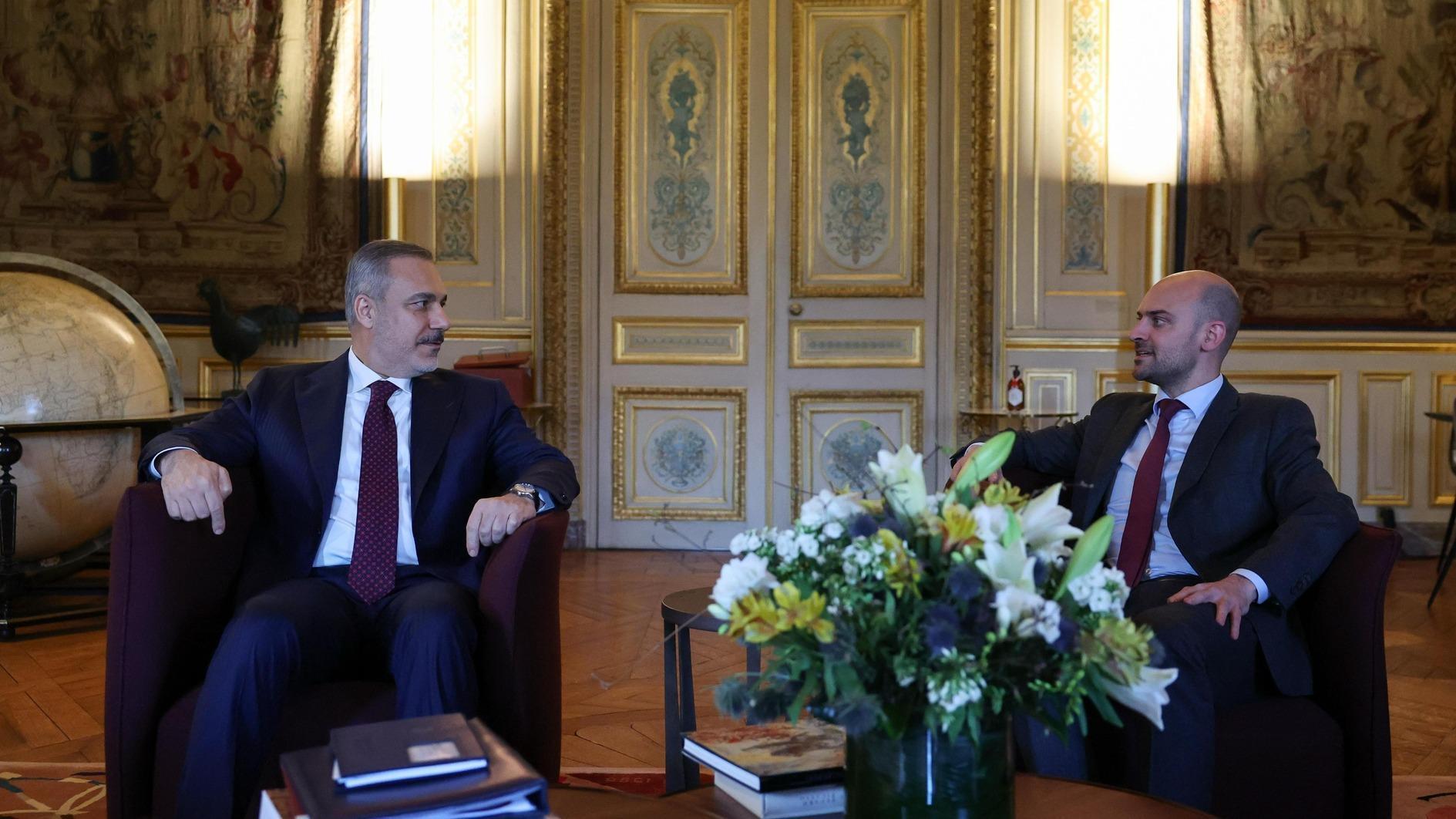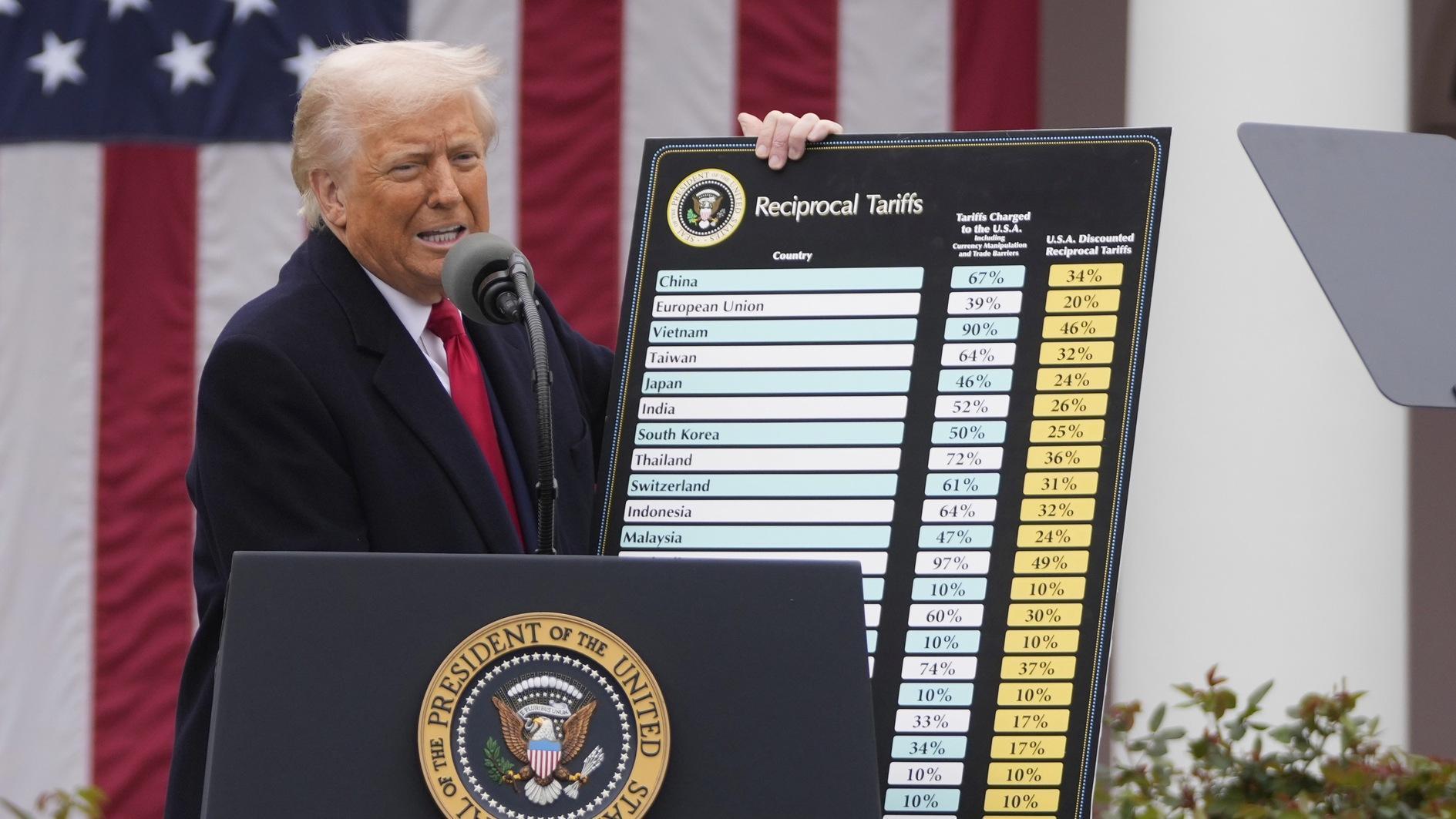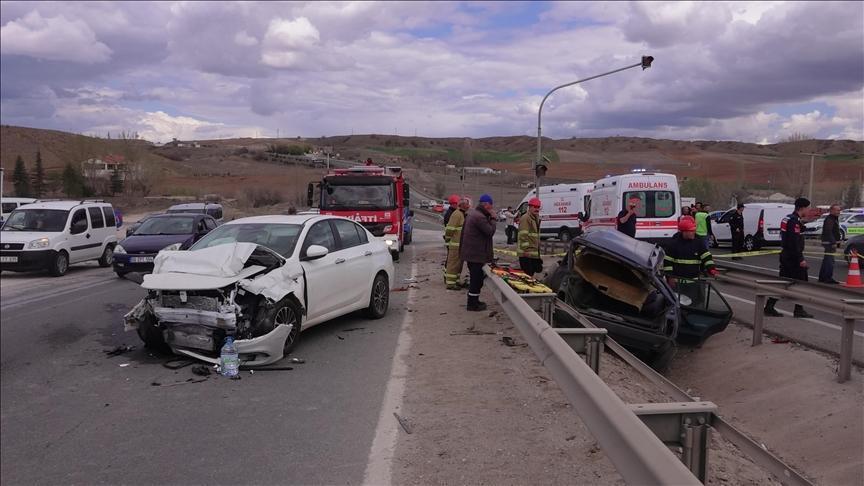What happens if you say ‘yes’ or ‘no’
According to the discourse of Justice and Development Party (AKP), if you say “yes” in the referendum on constitutional change, we will get rid of centuries of status quo impositions, and the voice of terror organizations will be cut off.
If you say “no,” we will go back to a 100 years ago, back to the years of the War of Liberation, we will face an existential threat, our unity will be at stake and terror will be aggravated.
According to the main opposition Republican People’s Party (CHP), if you say “no,” Mustafa Kemal Atatürk’s republic will be saved, we will thwart the danger to our existence, we will not be divided and we will not go back to the conditions of War of Liberation.
If you say “yes,” we will return to the same circumstances as when the republic was being founded; a one-man regime and one-party state will return and multi-party democracy will be abolished. In short, we will go back to square one.
The strategies for the referendum are getting shaped. I am looking at the mood coming from the “Yes” and “No” fronts. Neither are promising something about the future but are talking about going back a century ago.
They are focusing on motivating supporters by pinpointing the worst case.
For both fronts, the main theme is to dwell on the past. One is idealizing the past; the other is idealizing the past even before that past.
Both are the enemies of the past the other likes and both are against the past the other is an admirer of.
Both are fed by living in the past. Both are preparing to lead their campaign over historic confrontation and polarization.
The CHP is preparing a short video to be voiced by leader Kemal Kılıçdaroğlu. He will focus on Atatürk and will spread the fear of regime change. The Achilles heel is what they think they are strongest. You cannot rely on nostalgia for the past and complain that the desired system will take us even further back than the multiparty period. Then you cannot have the right to continue the criticism that a one-man regime and one-party state is being established.
You would contradict yourself. A discussion of questions like “is this the best you can do; are we passing to a model that is the most right,” will evaporate in the midst of regime paranoia and obsession for the past.
Government spokesperson Numan Kurtulmuş says, if there are enough “yes” votes, the voice of terror organizations will be silenced. He says their campaign will be based on that fundamental view.
The math is like that:
Preventing a change to presidential system is the common motivation of terror organizations. If the presidential system wins in the referendum, they will lose their motivation; they will throw in the towel and be finished.
There will not be any reason to unite the enemies.
This inspires hope, but is it realistic?
It is advantageous campaigning to inspire optimism to make people hopeful by giving a recipe for salvation. But because it tremendously increases the expectations from the system to be brought, it carries huge risks and serious disadvantages.
What happens if the dark clouds do not go away, the centuries-old dream is not realized and the sun does not shine over Turkey?
The most important promise for the future of the “yes” front is the conviction that terror will be over once the presidential system arrives.
But that front is not calculating the possibility of the huge disappointment that will occur if the terror does not end once the war is won at the ballot box.











